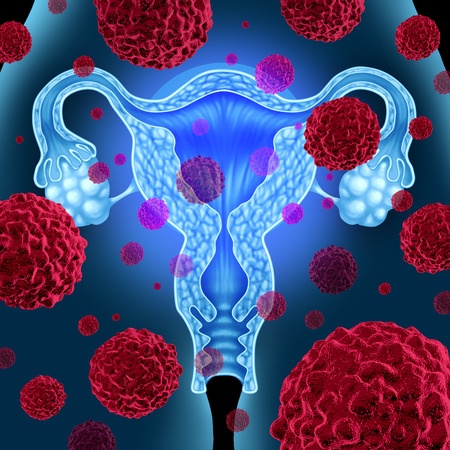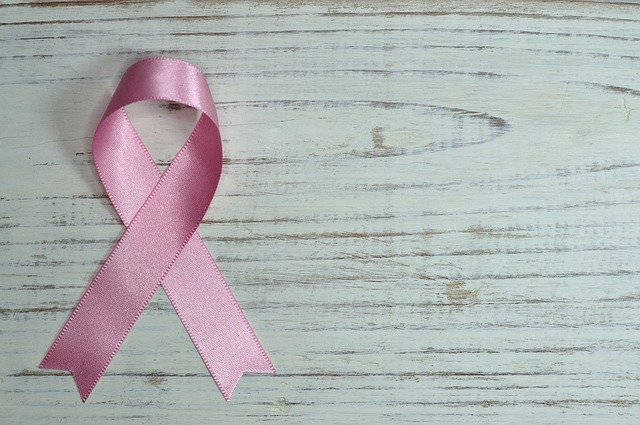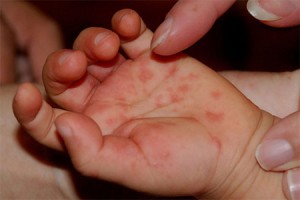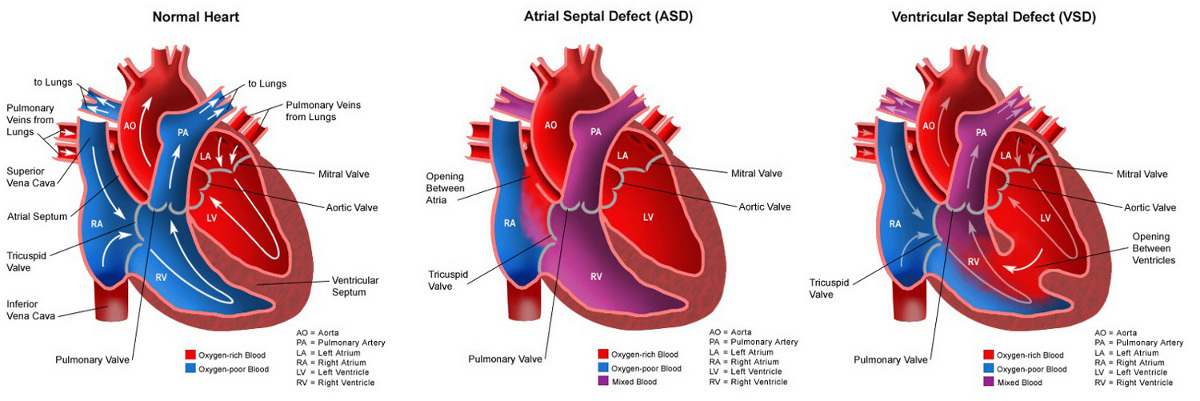Did you know that cervical cancer is the top 10 most common cancer in women in Singapore? We list down 10 important facts you need to know about cervical cancer.

1. Cervical cancer is the cancer of the neck of the womb which is called the cervix.
2. Some types of Human Papilloma Virus (HPV) can infect the cervix, causing the cells to change
3. In about 90% of infections, the virus clears by itself and the cells return to normal.
4. In some cases, the infection can persist and cause the cells to grow in an abnormal way, developing into cervical cancer.
5. Specifically, HPV types 16 and 18 causes about 70% of the cervical cancer cases worldwide.
6. Cervical cancer is the 10th most common cancer among women in Singapore.
7. It is preventable and curable if it is treated in the pre-cancerous stage.
8. Cervical cancer is caused by certain types of HPV. There are more than 100 types of HPV.
9. Some types cause warts on the hands or feet while other types infect the genital area of both men and women and are called genital HPVs. Of the genital HPV types, some cause genital warts and others (about 15) can lead to cervical cancer (the ‘high-risk’ HPV types).
10. HPV infection is very common and the majority of adults will have had an HPV infection at some time in their lives. Almost all of these HPV infections will go away on their own without any treatment and without the person ever knowing they had it. The problem is that some infections persist, causing the cells of the cervix to become abnormal and eventually progress to cervical cancer. Currently, there is no way to tell which infections will go away and which will persist.
Cervical cancer screening

Effective cervical screening programmes can prevent up to 80% of cervical cancers.
Fortunately, cervical cancer takes many years to develop and the disease passes through a series of pre-cancerous stages before becoming invasive cancer.
Cervical screening works by finding these pre-cancerous stages that can be easily removed using simple outpatient procedures so cancer never develops. However, the pre-cancerous stages do not cause any symptoms so it is important for all women to be regularly screened even if they feel perfectly healthy.
HPV vaccination
Cervical cancer will not develop in the absence of a persistent high-risk HPV infection. Therefore, vaccinations that prevent these infections may prevent cervical cancer.
Effective cervical screening and HPV vaccination programmes could lower the chances of getting cervical cancer. However, these programmes will only work if people use them and people will only use them if they understand the benefits.
⇒ Related Read: HPV Vaccination Frequently Asked Questions
This article is contributed by GSK and Singapore Paediatric Society.
If you find this article useful, do click Like and Share at the bottom of the post, thank you.
Want to be heard and seen by over 100,000 parents in Singapore? We can help! Leave your contact here and we’ll be in touch.

























































